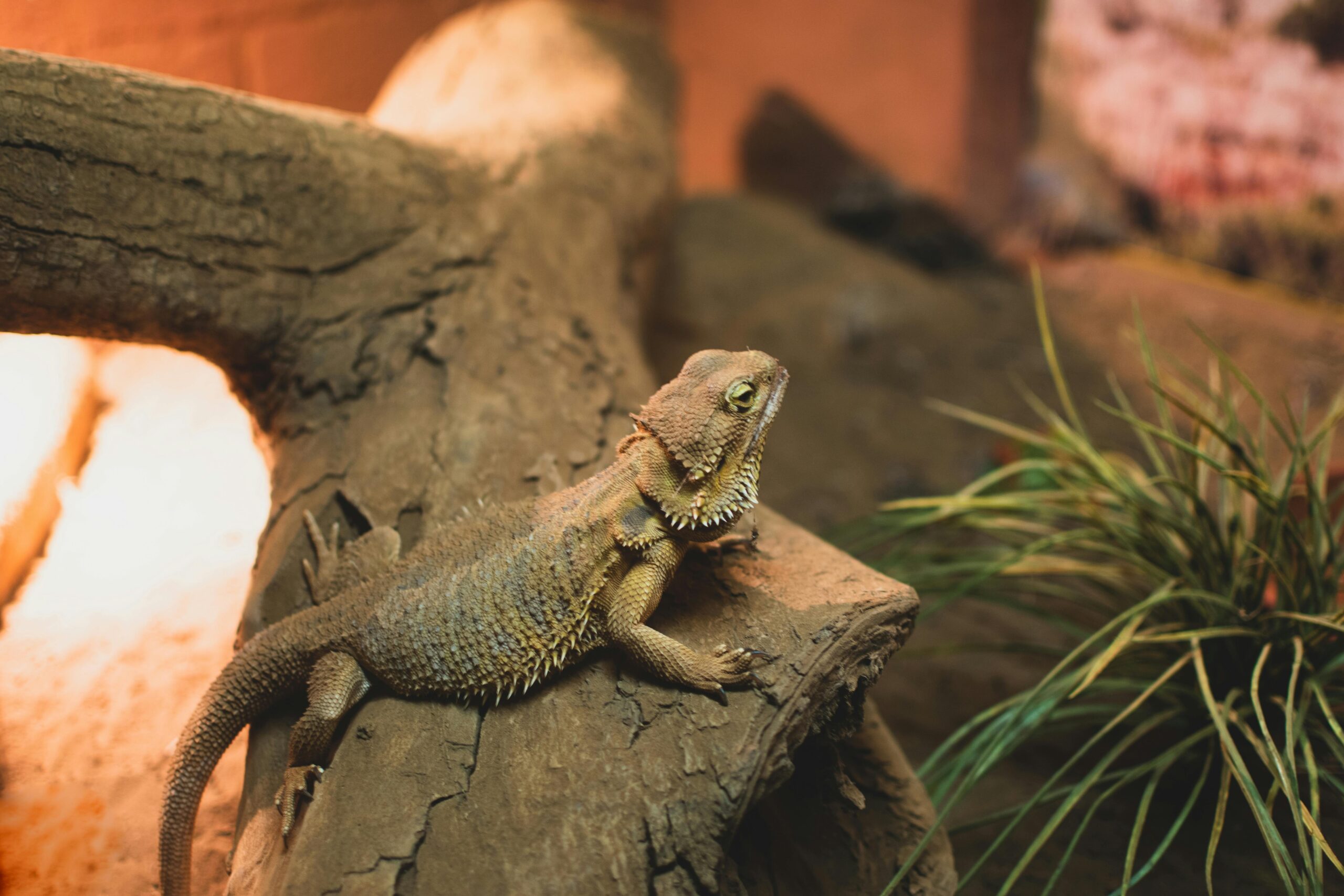The Ultimate Crested Gecko Care Guide
Crested geckos have long captured the hearts of reptile enthusiasts with their gentle nature and striking appearance. Whether you’re a seasoned herpetologist or a first-time owner, understanding the proper care for these charming creatures is key to ensuring they lead a happy, healthy life. In this guide, we walk you through housing, feeding, handling, and maintaining the overall well-being of your crested gecko.
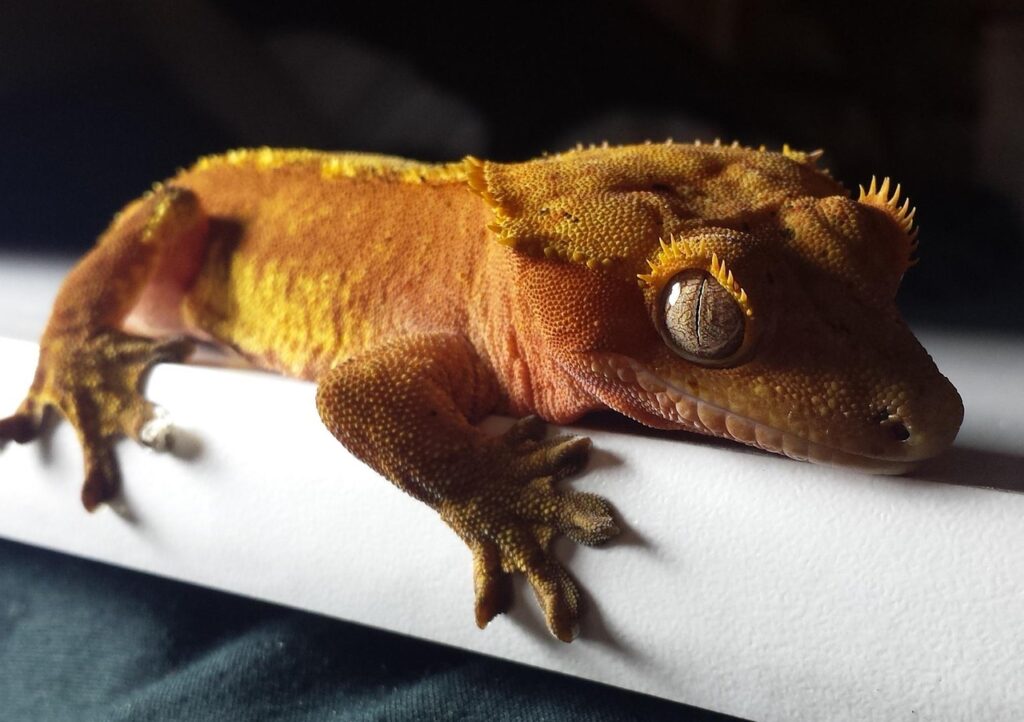
Setting Up a Safe and Stimulating Habit
Creating an appropriate habitat for your gecko is the cornerstone of their care:
- Enclosure Size & Design:
Choose an enclosure that allows ample space for exploration and climbing. A vertical setup with branches and live or artificial plants helps mimic their natural environment. - Temperature & Humidity:
Maintain temperatures between 72°F and 78°F during the day. Offer a basking area within the temperature range of 82-85°F (28-29°C) during the day but provide cooler nighttime conditions between the ranges of 65-72°F (18-22°C). Humidity should be kept between 60% and 80% to aid in healthy skin shedding and prevent dehydration. A daily misting schedule will help replicate the rainforest conditions they thrive in. - Substrate & Decor:
Use substrates that reduce the risk of accidental ingestion, such as coconut fiber or paper towels. Incorporate non-toxic décor items that double as hiding spots and climbing structures to reduce stress.
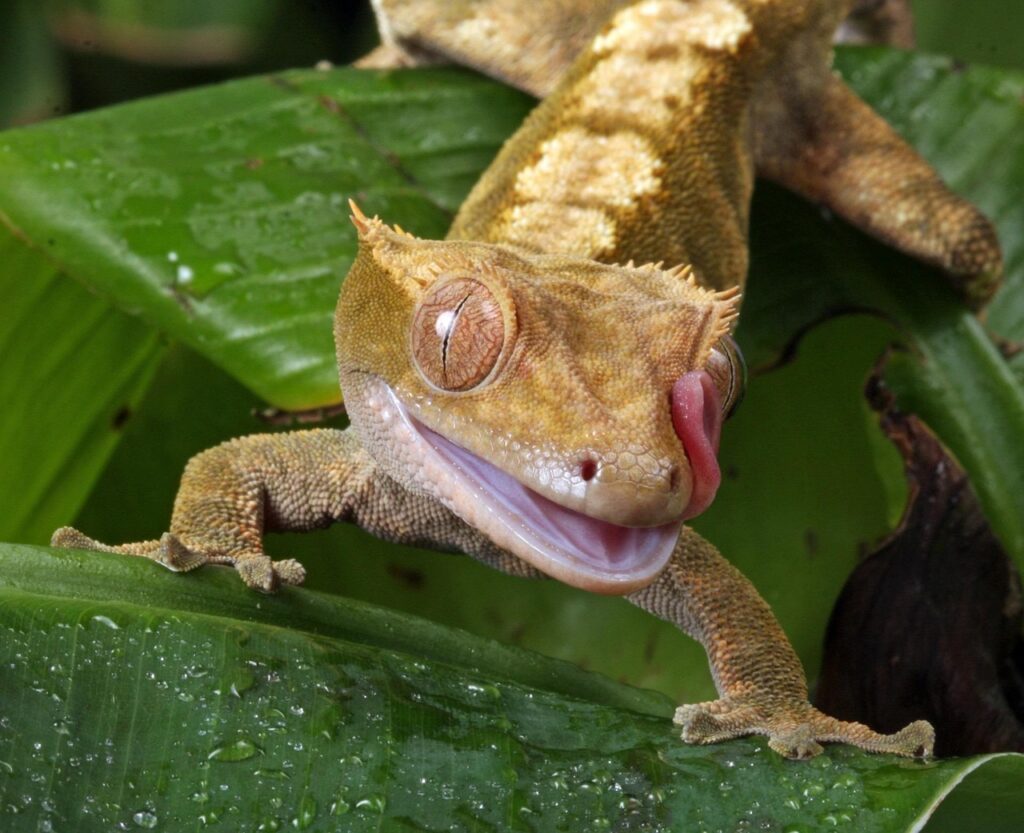
Crested Geckos Diet, Nutrition, and Feeding Routines
A balanced diet is vital for your crested gecko’s health:
- Commercial Diets & Supplements:
Many owners opt for high-quality commercial crested gecko diets, which provide a blend of fruits, proteins, and essential nutrients. Supplement these diets with a multivitamin powder (with proper calcium and vitamin D3 levels) to avoid deficiencies. - Occasional Live Food:
While not always necessary, offering live insects like crickets or roaches can simulate natural foraging behavior. Always ensure live food is appropriately sized to prevent choking or digestive issues. - Hydration:
These geckos often get most of their moisture from their food but having a shallow water dish in the enclosure is important. Daily misting also supports hydration through their skin.
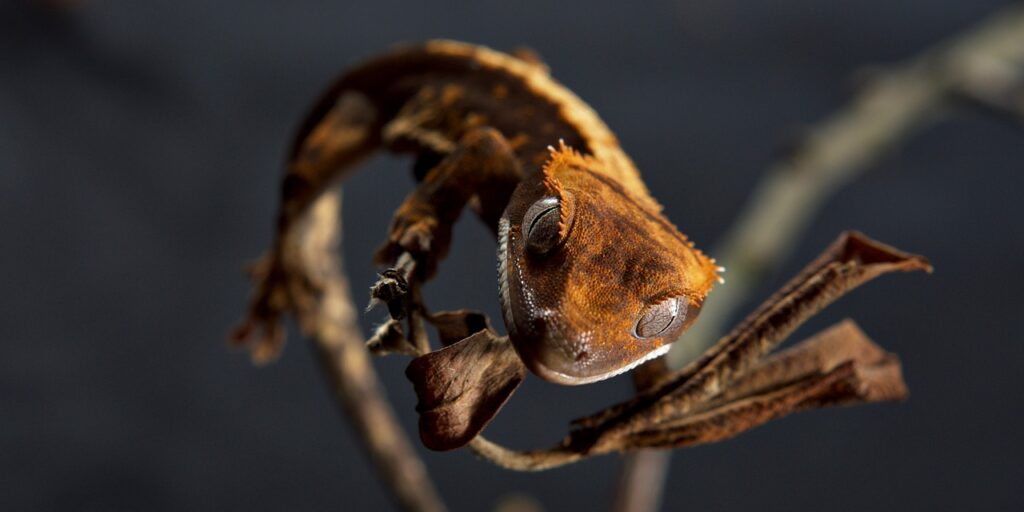
Crested Geckos Handling, Behavior, and Enrichment
Respecting their natural behavior builds trust:
- Gentle Interaction:
Crested geckos are generally docile but may startle easily. Handle them gently and for short periods, especially when they’re new to your care. - Enrichment Activities:
Rotate décor items and introduce new, safe objects periodically to encourage curiosity. Observing natural climbing and exploring behaviors can be both a joy to watch and beneficial to their mental stimulation.
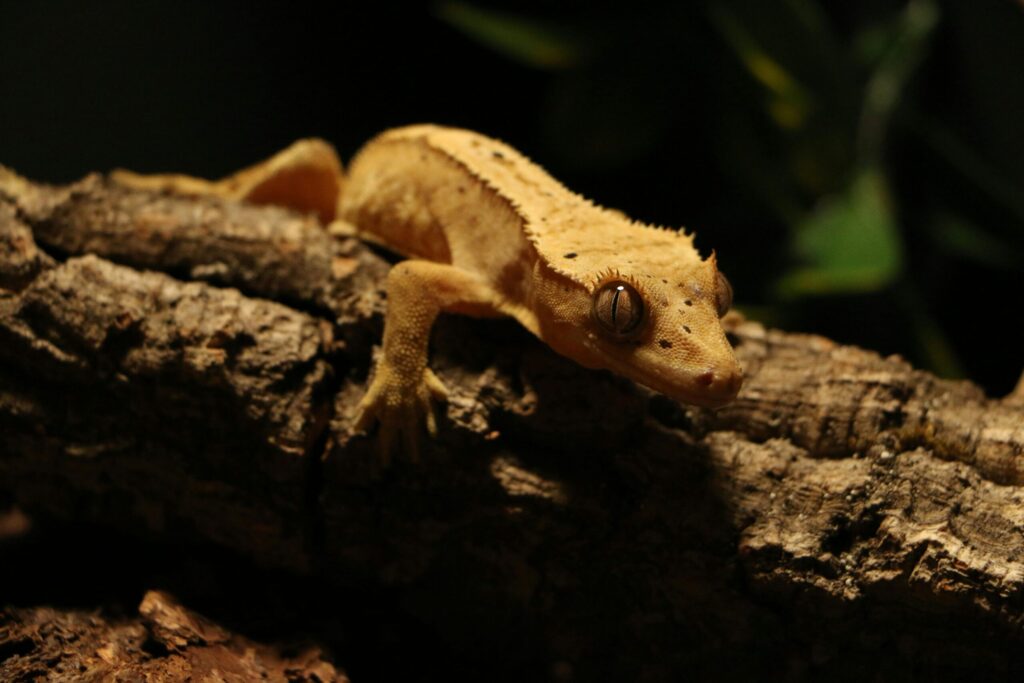
Recognizing and Addressing Common Health Issues
Even with the best care, crested geckos can face some health challenges. It’s important to act quickly if you notice any signs of illness:
- Metabolic Bone Disease (MBD):
Often stemming from low calcium or improper UVB exposure, MBD can lead to soft, deformed bones. Mitigate this risk by providing a diet rich in calcium, using supplements when needed, and ensuring your gecko receives moderate UVB or proper thermal regulation within the enclosure. - Impaction:
Ingesting loose substrates or large insect prey without proper digestion can lead to blockages. Avoid substrates that easily clump or break into small, ingestible particles, and monitor the size and frequency of live prey. - Shedding Issues (Dysecdysis):
Retained shed skin around toes or tail can lead to circulation problems and infections. Regularly check for incomplete shedding, and increase humidity or provide a shallow bath if areas are sluggishly shedding. - Respiratory Infections:
These often occur if temperatures are too low or humidity is improperly managed. Ensure your habitat maintains the correct environmental parameters, and consult with a reptile veterinarian immediately if you notice wheezing, nasal discharge, or lethargy. - Parasitic Infestations:
Internal or external parasites can be a concern. Regular enclosure cleaning, proper quarantine of new additions, and timely vet check-ups can help keep parasitic issues at bay.
Immediate mitigation includes adjusting the environmental parameters (e.g., boosting temperature or humidity as needed), enhancing diet with proper supplements, and seeking veterinary advice at the first sign of distress. Early intervention is critical to preventing minor issues from escalating into severe health problems.
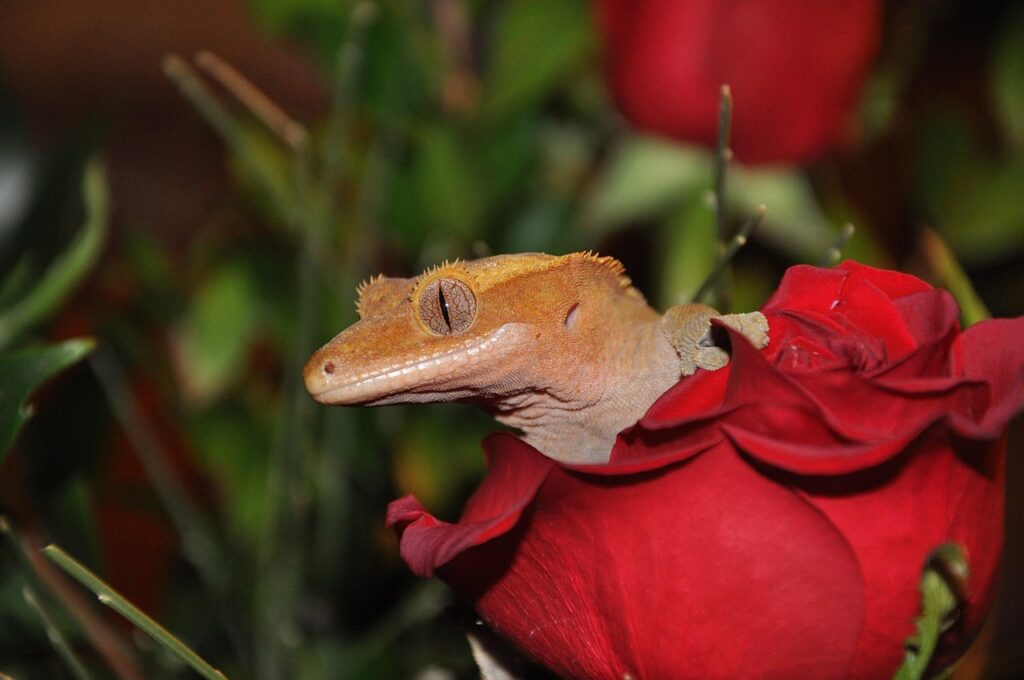
Concluding Thoughts
Providing your crested gecko with a safe habitat, balanced nutrition, and a stimulating environment can ensure a long and enriching life for your pet. Regular observation and prompt attention to health issues not only help prevent complications but also deepen the bond between you and your pet. With the right care, these endearing reptiles will continue to be a rewarding addition to your home for years to come.
Embrace the journey of crested gecko care with patience and knowledge, and watch as your pet thrives under your loving attention. Happy herping!
Sources:
- Crested Gecko (Correlophus Ciliatus), reptifiles.com/wp-content/uploads/2020/10/Crested-Gecko-Care-Sheet-PDF.pdf. Accessed 10 Apr. 2025.
- “Health Concerns.” Acreptiles, acreptiles.com/new_store/index.php?dispatch=pages.view&page_id=33. Accessed 10 Apr. 2025.

